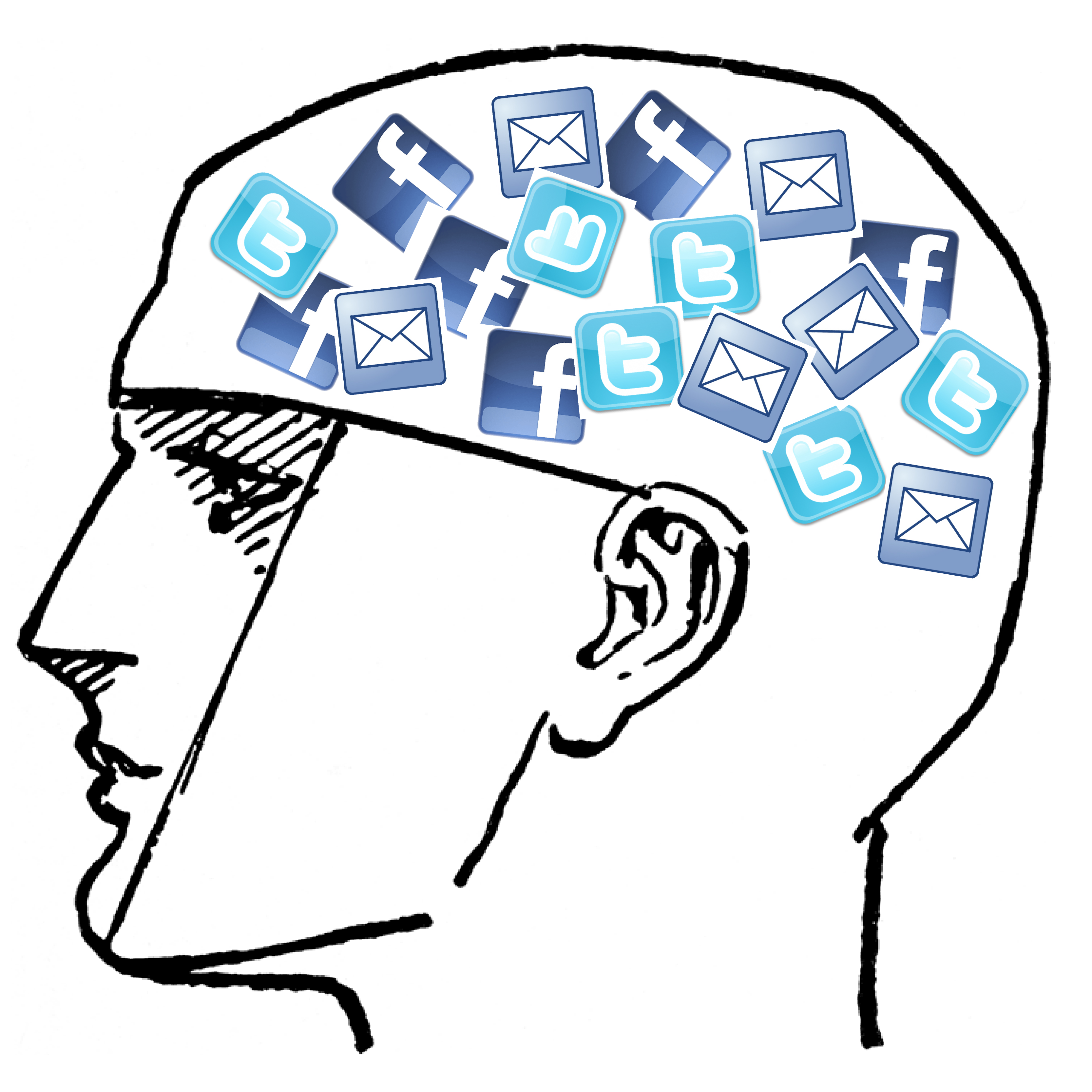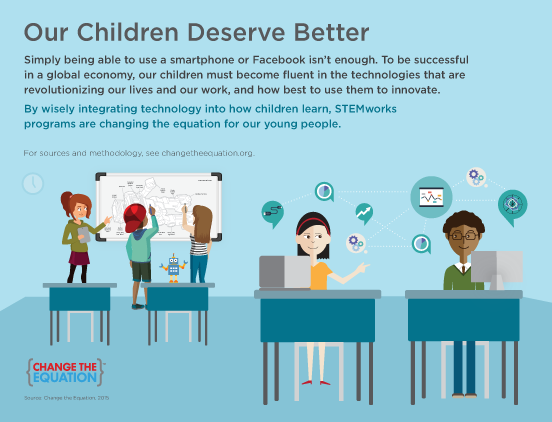Are Your Students Pretenders in a Digital World?
By Christine Royce
Posted on 2015-08-30
The Pretender was a television show many years ago just before the 21st century arrived where the main character Jarod took on new roles each and every week that required him to master any task required for that job. He was a pretender – stepping into a situation and having to learn how to problem solve on the spot, utilize information, and apply his learning in order to help out others.
Just after the turn of the century in 2001, Marc Prensky wrote an article titled Digital Natives, Digital Immigrants which coined the title terms of “digital native” and “digital immigrant.” Digital immigrants were those who were not born into technology and at some point needed to learn how to utilize technology in order to do exactly what Jarod had to do above – step into a situation, learn how to solve a problem on the spot, utilize information, and then apply it in order to help students learn in their own world.
By 2001, students who were in school from K- College had grown up with digital technology – okay not necessarily the digital technology we know today, but the leading edge digital technology that existed in 2001 and teachers were pretending to be digital in nature and learning on the spot. According to Beloit College’s Mindset List for 2005, which examines a series of statements around which a particular college graduation class grew up knowing, the college students who entered in the fall of 2001 – the so called digital natives, had the following attributes and characteristics (taken from the actual list) associated with their upbringing in general
- Hard copy has nothing to do with a TV show; a browser is not someone relaxing in a bookstore; a virus does not make humans sick; and a mouse is not a rodent (and there is no proper plural for it).
- A hacker is not just a kid who won’t stop fooling around.
- They were born the same year as the PC and the Mac.
- They have always had access to email.
- They have probably never used carbon paper and do not know what cc and bcc mean.
My first thought in looking at this list was wow – I’m not finding much about technology here – but then again that was nearly a decade and a half ago. I would think that given a vocabulary test today, almost all adults – whether digital natives or digital immigrants would have at least learned this particular vocabulary as it has seeped into our daily lives.
The most recent list that was just released focuses on this year’s incoming freshman class who will graduate in 2019. When reading this list, some interesting technology findings include:
- Google has always been there, in its founding words, “to organize the world’s information and make it universally accessible.”
- Email has become the new “formal” communication, while texts and tweets remain enclaves for the casual.
- They have grown up treating Wi-Fi as an entitlement.
- Cell phones have become so ubiquitous in class that teachers don’t know which students are using them to take notes and which ones are planning a party.
- Their parents have gone from encouraging them to use the Internet to begging them to get off it.
- If you say “around the turn of the century,” they may well ask you, “which one?”
- Teachers have always had to insist that term papers employ sources in addition to those found online.
In all fairness, some new vocabulary was also identified by Beloit College as relevant to this particular group – two examples include the following
- “Trolling” innocents on social media has always been uncharitable. (Cynical and bullying attacks on happy campers, preserved on the internet, may come back to haunt you.)
- They’ll know better than to text their professors “TL DR” about assignments. …and just hope their professor doesn’t scribble back to them, about their own papers: “TOO LONG: DIDN’T READ.”
 So, how does this walk down memory lane from Prensky to Beloit, tie in to the idea of being a pretender in a digital world? Well, a recent report from Change the Equation titled Does Not Compute: The High Cost of Low Technology Skills in the U.S.–and What We Can Do About It states that “Although American millennials are the first generation of “digital natives”–that is, people who grew up with computers and the internet–they are not very tech savvy.”
So, how does this walk down memory lane from Prensky to Beloit, tie in to the idea of being a pretender in a digital world? Well, a recent report from Change the Equation titled Does Not Compute: The High Cost of Low Technology Skills in the U.S.–and What We Can Do About It states that “Although American millennials are the first generation of “digital natives”–that is, people who grew up with computers and the internet–they are not very tech savvy.”
Wait just one minute– how can kids – those digital natives who have had nothing but technology their entire lives not be tech savvy happen? Well, Change the Equation in their study as part of the 2012 Programme for International Assessment of Adult Competencies (PIAAC), clarifies between using technology OFTEN versus using technology WELL. And there is the caveat – using technology does not mean they are using technology well or to solve a problem, thus you are not tech-savvy. The report brief states that “[u]sing technology for social networking, surfing the web, or taking selfies is a far cry from using it to solve complex problems at work or at home. Truly tech savvy people are able to fulfill the promise of technology, which is to help us be more productive, accelerate innovation, and overcome seemingly intractable challenges.”
I mentioned this report to my methods class – each of these pre-service teachers will become future middle school science teachers. I asked them if they thought they were tech savvy and provided the basis for the report. Okay – I felt old – some of them looked at me with their head cocked to one side like how could I say that – they are immersed in technology. So, being a noisy person – I asked them to take a few minutes and write a few sentences related to their feelings of being “tech savvy” in today’s world. I collected no names in order to protect the innocent. A short selection of their statements of “beliefs” regarding their tech savviness are below:
- While I love technology and all its possibilities, I’d say I’m not really tech savvy in ways I should be. When I worked in an office setting over the summer, I often found myself needing guidance in programs I thought I was familiar with (Word, Excel, etc.) to get the most out of them.
- I need to improve on my skills with technology because I use it mostly for entertainment. This [improving on technology skills] is necessary because most classrooms now use technology.
- I don’t really use technology to make tasks simpler.
- I think technology has its pros and cons. Many students that I will be teaching will be exposed to it at an early age.
- I like to think of myself as fairly tech-savvy. I think that technology when used properly and in small limited quantities can be very useful in the classroom. I don’t think it should be used too much because then I can see if becoming (1) a distraction or (2) too much of an issue for students who are not tech-savvy.
And there it was (with all due respect to my wonderful students), I was vindicated in asking my absurd question about them being tech savvy individuals and their answers hit on some of the key points in the Change the Equation report. An infogra
phic on the key findings in the report show that:
- Digital native does not mean tech savvy.
- The U.S. ranks dead last among 19 countries tested in this study.
- Tech savvy is an engine of opportunity. Tech savvy people end up doing better financially than non tech-savvy people.
- What we don’t know will hurt us.
- Our children deserve better and the ability to utilize technology to be more productive, accelerate innovation and overcome challenges needs to happen in our classrooms.
The last point is where we as educators come into the mix and help to show that being digital has come full circle. For the most part, there is a mix of educators who fall into either category of digital immigrant or digital native. But, every time new technology is introduced, the natives are not forced to learn as an immigrant would –by accommodation and assimilation into what we already knew. We, “digital immigrants” according to Prensky, learned to adapt to our environments even though we retained some of our initial thinking and strategies have now surpassed some of the digital natives in the type of thinking that this report calls for – application of technology to be productive and overcome challenges and be more focused on fulfilling the promise of technology rather than using it only for social networking. Therefore, it is our responsibility as an educator to help improve the digital native’s use of technology from simply using it often to using it well.
So, back to the original question – “are your students pretenders in a digital world?” and more importantly “what will you do about changing that in your classroom?”

Disclaimer: The views expressed in this blog post are those of the author(s) and do not necessarily reflect the official position of the National Science Teaching Association (NSTA).


